“SOLUTIONS” – OP-ED COLUMN BY TODD ZIMMERMAN
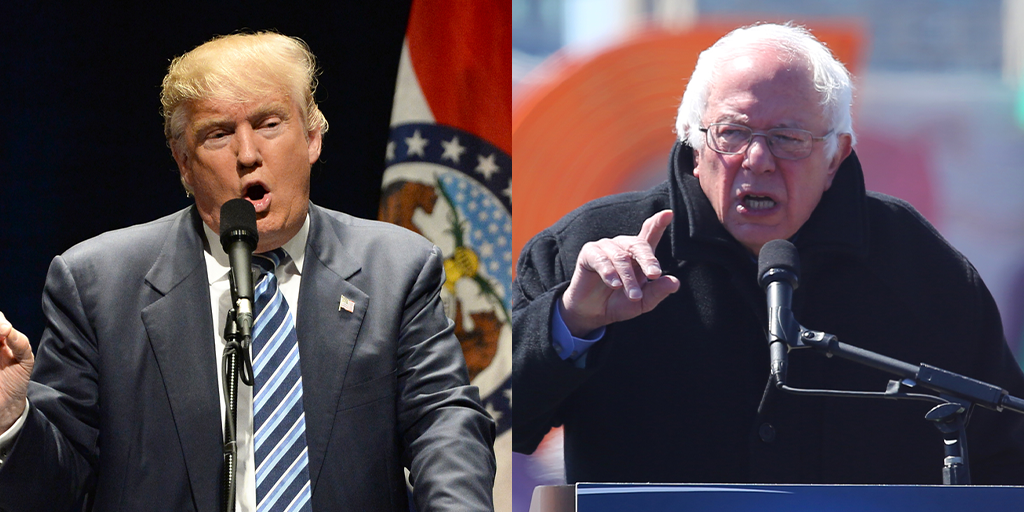
During the 2016 presidential cycle both Bernie Sanders and Donald Trump gained enthusiastic supporters by stating “the system was rigged.” Sanders’ supporters were mostly urban and suburban white collar workers, while the majority of Trump’s supporters were rural blue collar workers. What did they mean by a rigged system? If the system is now rigged, when did the system work for the majority of Americans?
Republican and Democrats had different economic policies during the Great Depression. Hoover practiced laissez-faire to keep the government out of the economy. FDR created a New Deal where the government stimulated growth by creating jobs. While the New Deal helped, World War II ended the Depression.
American leaders feared that when the war ended, European factories would restart making consumer products, thus hurting American manufacturing and propelling the country back into a Depression. Instead, Republicans and Democrats formed a consensus, and this is the important part of the editorial, the government created a system where all Americans could benefit.
Truman and Eisenhower created an “unwritten social contract” between government and business; government and the people; and between business and the workers. Congress passed the GI Bill allowing for college tuition and guaranteed low mortgage rates for the military returning home. Government informed big business and the wealthy that they would be paying high taxes to pay down the massive debt from the war. Businesses promised the workers that they would be rewarded by their employers – health care; paid vacations; and for longevity, a pension to supplement their social security. Eisenhower’s construction of the interstate system along with the growth of suburbia unleashed a major economic boom. The system worked!!
In 1973, OPEC embargoed oil against the US due to America’s support for Israel during the October War, a recession ensued. In 1979, the Iranian revolution caused another doubling of oil prices, and another recession. This is when the system started to break down.
Ronald Reagan took office in 1981. His major economic policy, “Reaganomics” cut the taxes on the rich and corporations. While the rich were supposed to reinvest into their companies, many corporations sought to lower their expenses by moving plants from northern union areas to less expensive non-union southern states. Big business broke the social contract with its workers, and the nation’s debt tripled under Reagan’s presidency, and continued the increase under George HW Bush. Bill Clinton would compromise with Congress and gain a federal surplus for a few years. However, lobbyists started a push for free trade agreements. Now the corporate leaders had Mexico’s cheap labor, which even hurt the southern states. George W. Bush would re-enact Reagan’s tax cuts in 2001, and the country went back into major deficits, which resulted in the Great Recession of 2008/2009.
The system now favored the rich and corporations, who sent lobbyists to give Congressman money for re-election if they support their favored status. The people that were responsible for the mortgage scam never went to jail. Instead, their companies were bailed out by the taxpayers. This led to the “Takeover Wall Street” protests by urban and suburban white collar workers, and led to the Sanders and Warren movement. Many of these white collar workers were better off than rural blue collar workers, and were able to whether the recession better. However, the rural workers were angry, not only because the people responsible for the crisis did not go to jail, but this erosion of manufacturing jobs had been going on for decades. The urban white collar workers did not experience that longevity of decline. So how do Americans de-rig the system?
America needs to focus on three key reforms. Term Limits, Campaign Finance Reform, and an end to gerrymandering. First, both parties need to be cleansed of political elites. We should create a new amendment for term limits. Perhaps a Congressman could serve a maximum of 7 or 8 terms. Also, it seems that once a Congressman is elected, they are already seeking money for the next election in two years. What if Congress served 4 year terms? For a Senator, what about a maximum 3 terms for 18 years? By the way, the PA Legislature should also have term limits. Your thoughts?
Photo licenses via Depositphotos
Subscribe to Coal Region Canary
Get email updates from Coal Region Canary by becoming a subscriber today. Just enter your email address below to get started!Support Coal Region Canary
Like our reporting and want to support truly local news in Schuylkill County? Your small donations help. For as little as $5, your contribution will allow us to cover more news that directly affects you. Consider donating today by hitting the big yellow button below ...


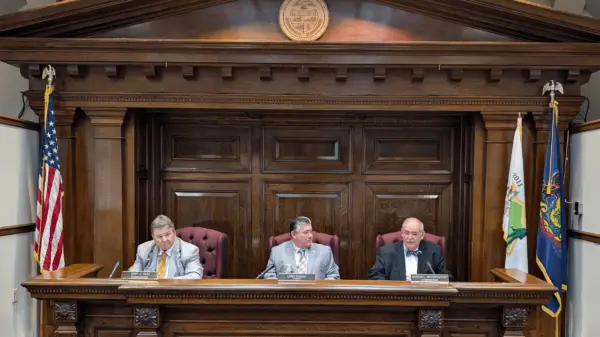
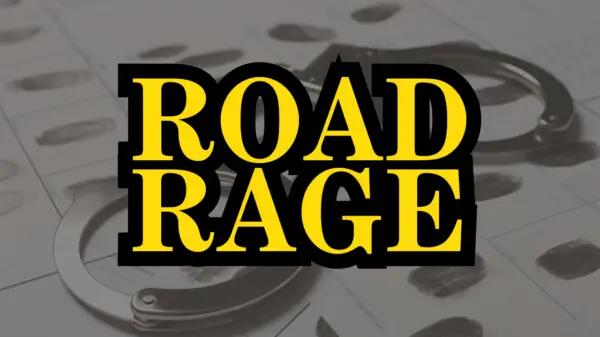






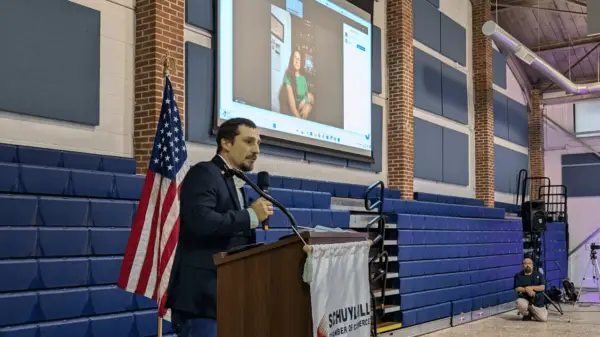













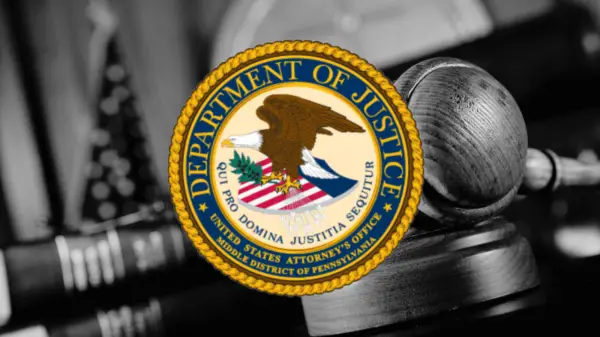
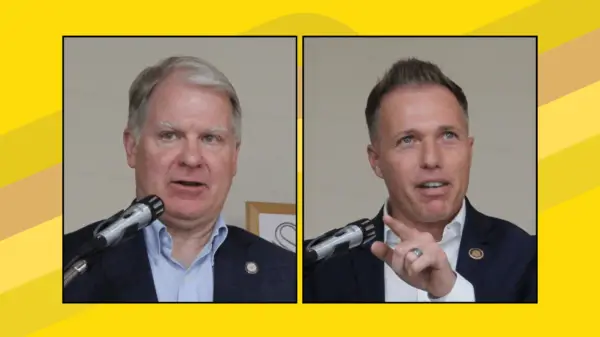

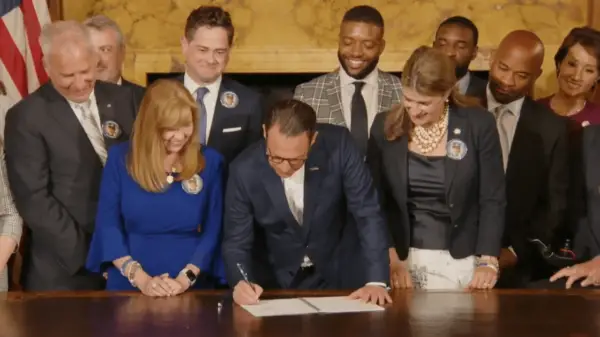




insider
March 8, 2021 at 9:35 pm
Trickle down economics never trickled down
The Great Society wasn’t great
Epic tax breaks for the wealthiest never reached the middle or lower tax brackets
The Affordable Care Act didn’t cover everyone
Has anyone figured out that we have been played by both parties and their wealthy donors..
Our fault!!!!
Todd
March 18, 2021 at 6:23 am
Yes, I agree. So what about my last point about term limits. Where do you stand?
Anon E. Mouse
March 9, 2021 at 2:29 pm
They enacted term limits on the President after FDR. I’ve been hearing “term limits” for ten (10) years now and nobody we elect as Senators or Congressman ever, ever, say a word about this once elected. Why? The perks are too good and their first order of business when they get to DC is have a little sit down with the political leaders and are told if you want re-elected – here are the do’s & don’t’s. Never ever talk term limits
Todd
March 18, 2021 at 6:26 am
Yes, I agree, so it would be up to “we the people” to make changes. What type of term limits would you like to see for the Congress?
PTFloridians
March 18, 2021 at 8:45 pm
Term limits on EVERY government job or elected official…it’s become too political and compromised over the years…endless grift, abuse, extortion, blackmail, criminal dealings and conflict of interest…the proverbial genie has exited the bottle…